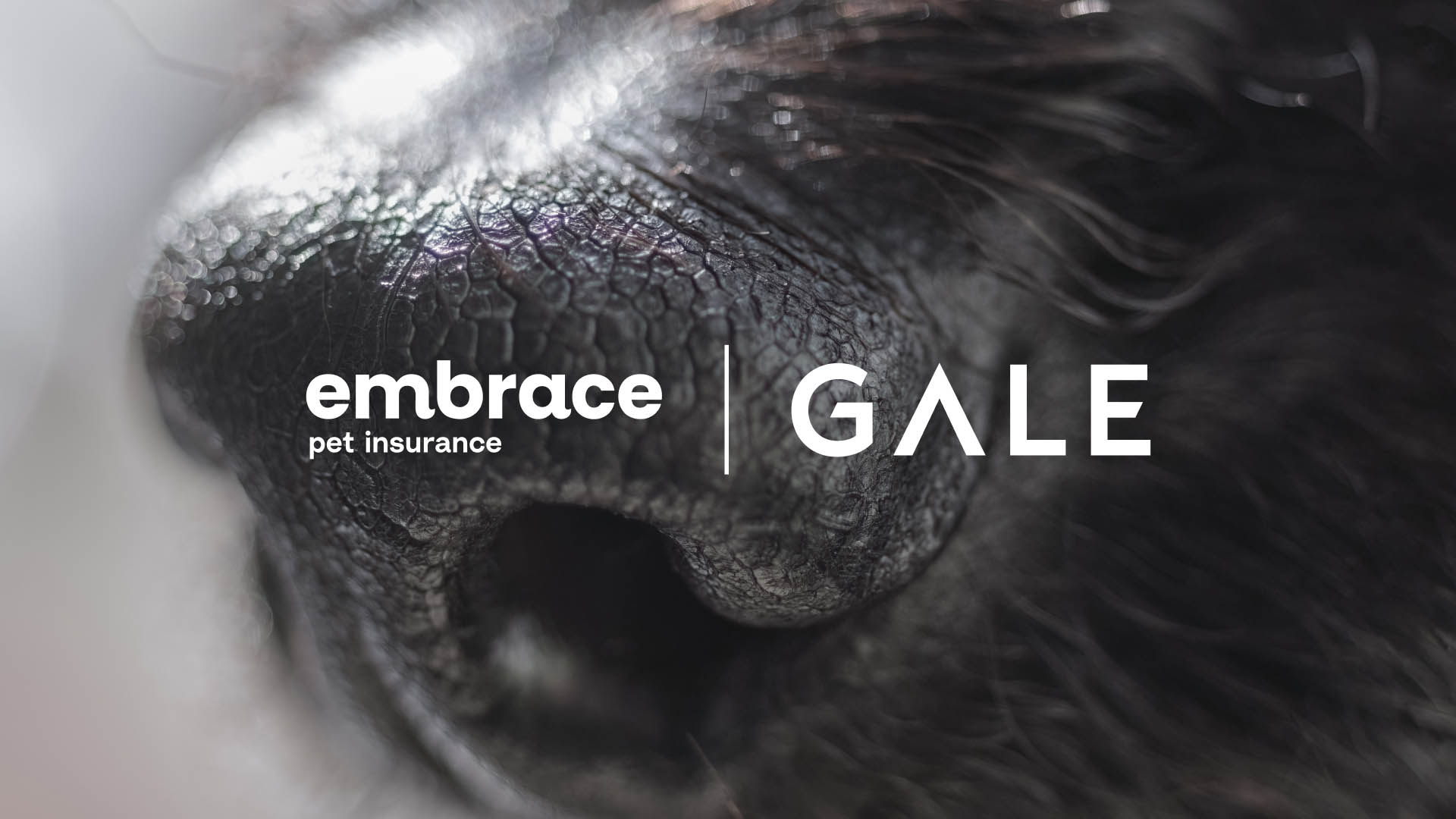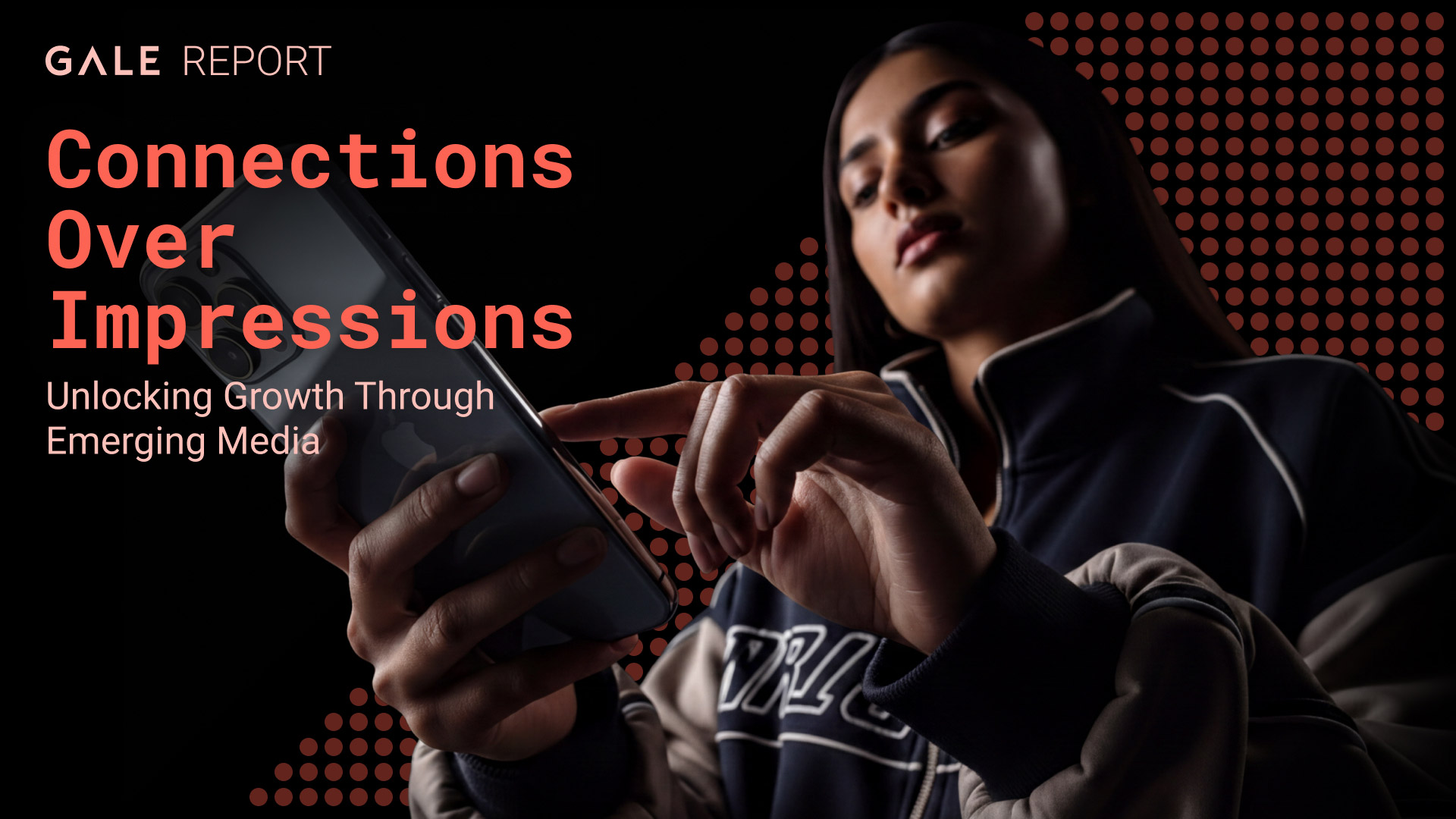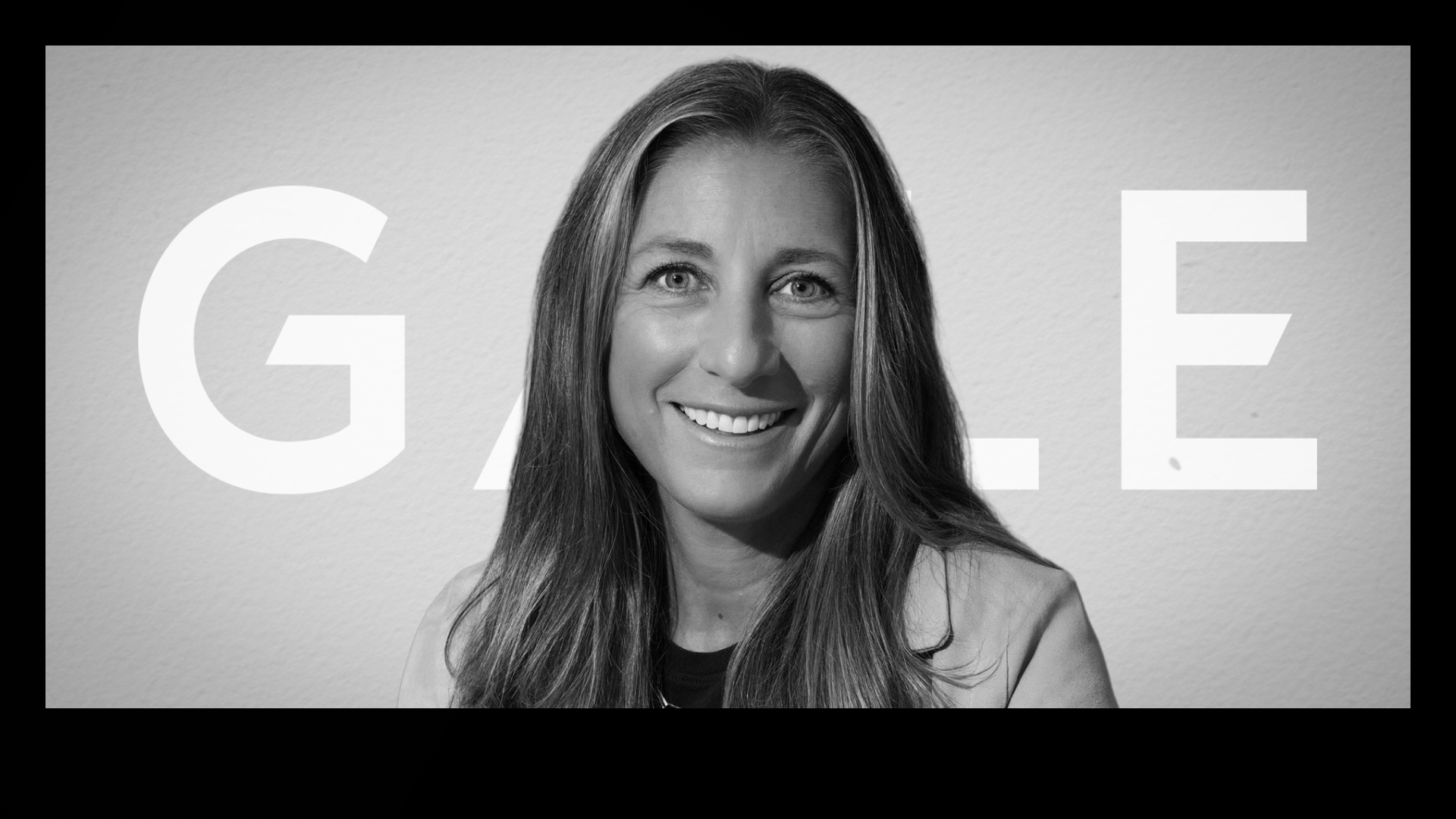Michael Farmer’s brutal assessment of ad agencies in Contagious has caused a stir in the industry. And he’s right – ad agencies are overly focused on creativity without strategy – we’re not paying enough attention to our clients’ business problems, awards are driving ineffective work and the service-oriented business model is flawed.
These issues are exactly why we founded GALE in 2014. We, too, recognized the gaping difference in how consultancies and agencies run their business and the opportunity to bridge these worlds. The founding idea was to marry the advisory services you typically find at management consultancies and to execute with the storytelling capabilities of an agency to help clients grow. While today, other agencies have borrowed from the consultancy playbook with major moves in this space like Accenture’s acquisition of Droga, in 2014, it was a new idea and one we were told would never work. Today, GALE is almost 800 people globally growing at 120% year-on-year with a core part of our success being our consultancy approach.
Farmer shares some sage advice in the piece: we need to be in the business to help our clients perform better. We couldn’t agree more and centered our entire agency positioning on just that; we call ourselves a Business Agency. When brands have a creative or media challenge, they hire a media or creative agency. When they have a complex business opportunity, they call GALE. It’s how we’ve partnered with incredible brands including MilkPEP, H&R Block, Chipotle, Hertz and Dropbox, and continue to grow our client base.
One of Farmer’s critiques of the industry is our compensation model. Admittedly, while we offer value-based compensation models, we largely operate on a service-oriented model. When we first started GALE, we explored a more product-driven offering but found it wasn’t always welcomed by clients. Eight years later, the industry may be ready for us to pursue a more progressive pricing structure again.
Farmer finishes his piece by stating that Huge is the only agency he is aware of trying to tackle these business model problems.
We welcome him to come spend some time at GALE and see if that statement still stands.










